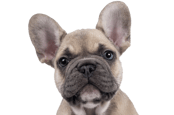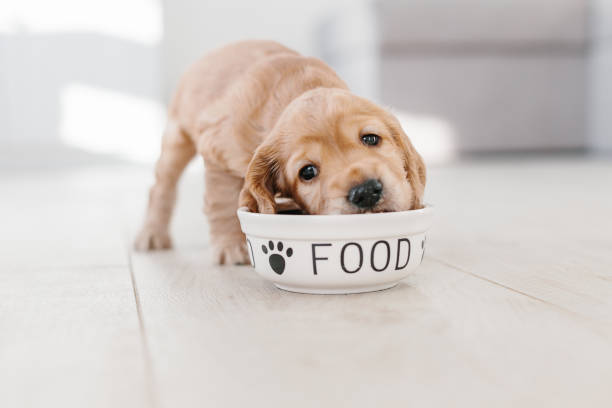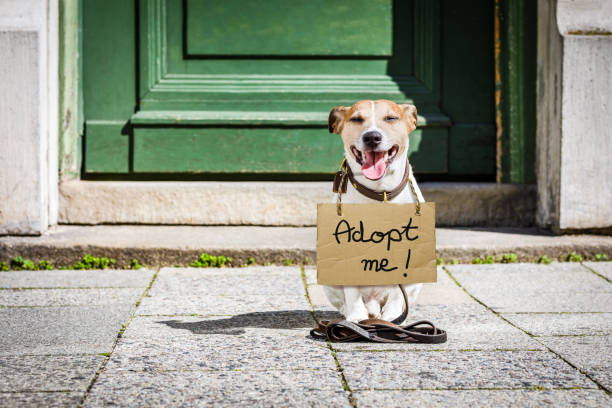The pet-care industry, specifically dog daycares, has witnessed significant growth over the years as pet parents seek the best care options for their furry family members. While dog daycares offer a range of services from exercise to socialization, one aspect that can't be overlooked is nutrition. Just like humans, dogs can have dietary restrictions and allergies that need special attention.
In this blog post, we'll delve into the best practices for dealing with dietary restrictions and allergies in dog daycares.
Know the Basics: Understanding Dietary Restrictions and Allergies in Dogs

Before you can properly accommodate a dog with a special diet or allergies, you need to understand the common types of restrictions and sensitivities. Dogs can be allergic to certain proteins, grains, and even specific vegetables. Some may have restrictions due to medical conditions, age, or lifestyle. Food intolerances are also fairly common and should not be confused with allergies.
Initial Assessment and Documentation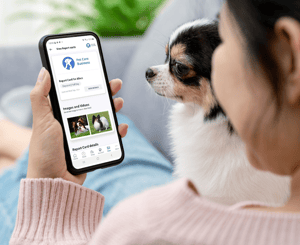
1. Intake Forms
Every dog that comes into your daycare should have a comprehensive intake form filled out by the owner. The form should include questions about any known allergies or dietary restrictions. Gingr's PreCheck feature simplifies this process for you and pet parents!
2. Veterinary Records
It's also advisable to ask for veterinary records that can provide more insight into any medical conditions the dog may have. Gingr also stores and keeps these records for you — and sends vaccination reminders to pet parents!
3. Initial Interview
The first meeting with pet parents should include a discussion about their dog’s diet, any known allergies, and symptoms to watch out for.
Storage and Preparation
Labeling
If a dog has special dietary needs, the food and treats provided by the owner should be stored in a clearly labeled separate container.
Preparation Area
If your daycare facility prepares food on-site, there should be a dedicated area for preparing special diets to avoid cross-contamination.
Special Utensils
Even the bowls and utensils used should be separated to avoid any accidental exposure to allergens.
Feeding Time
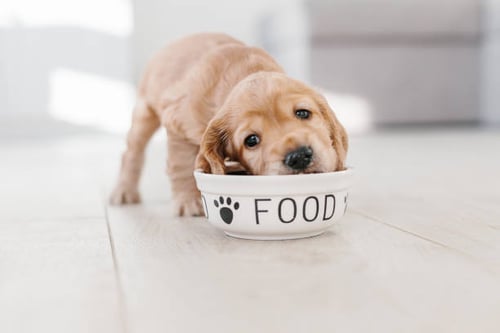
Isolation
Dogs with food allergies or specific dietary needs may need to be isolated during feeding time to ensure they don’t consume anything they aren't supposed to.
Monitoring
Staff members need to closely monitor feeding time to ensure every dog is eating its own food and to observe for any signs of allergic reactions or discomfort.
Staff Training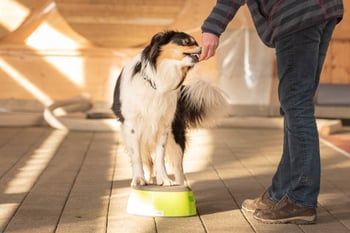
Staff members should undergo training to understand canine nutrition, dietary restrictions, and allergy management. They should also be educated on how to handle emergencies related to food allergies, including the administration of antihistamines or how to use an EpiPen for dogs.
Communication with Pet Parents
It's essential to maintain open communication channels with the pet parents. If there are any reactions or issues related to food, they should be reported immediately. Photos and documentation can also be useful.
Proper care and attention to dietary needs and allergies are vital in ensuring the well-being of the dogs in your daycare facility. A systematized approach—from initial assessment to food storage, preparation, and feeding—can make a world of difference. Training and communication round off the formula for a safe and happy experience for pets with special dietary needs.
By acknowledging the importance of individual dietary needs, your dog daycare will not only provide a safe space for all dogs but will also gain the trust and confidence of pet parents, setting your business apart as a top-notch care provider.
Grow your dog daycare with Gingr. Schedule a demo!
Subscribe to the Gingr Blog
